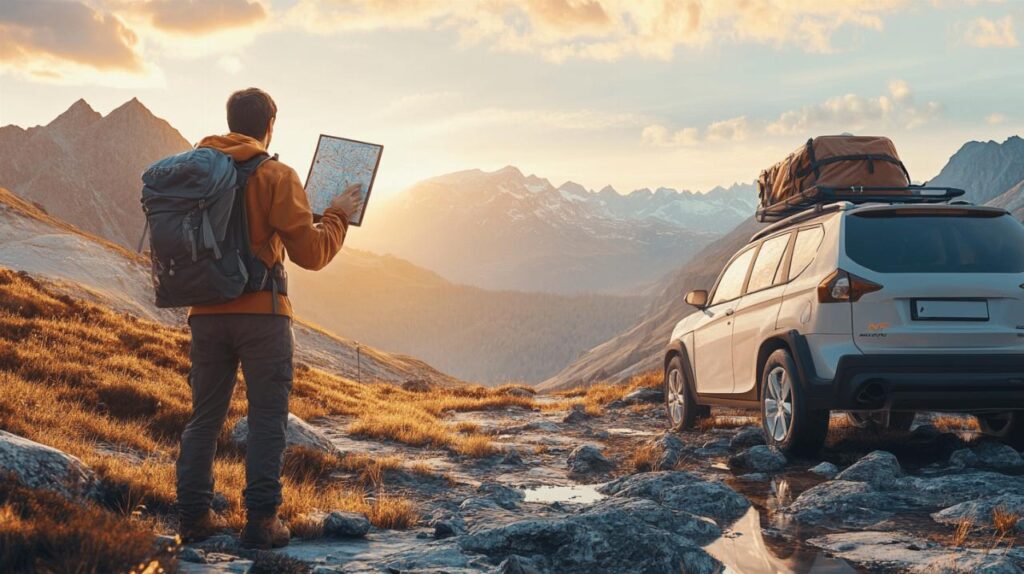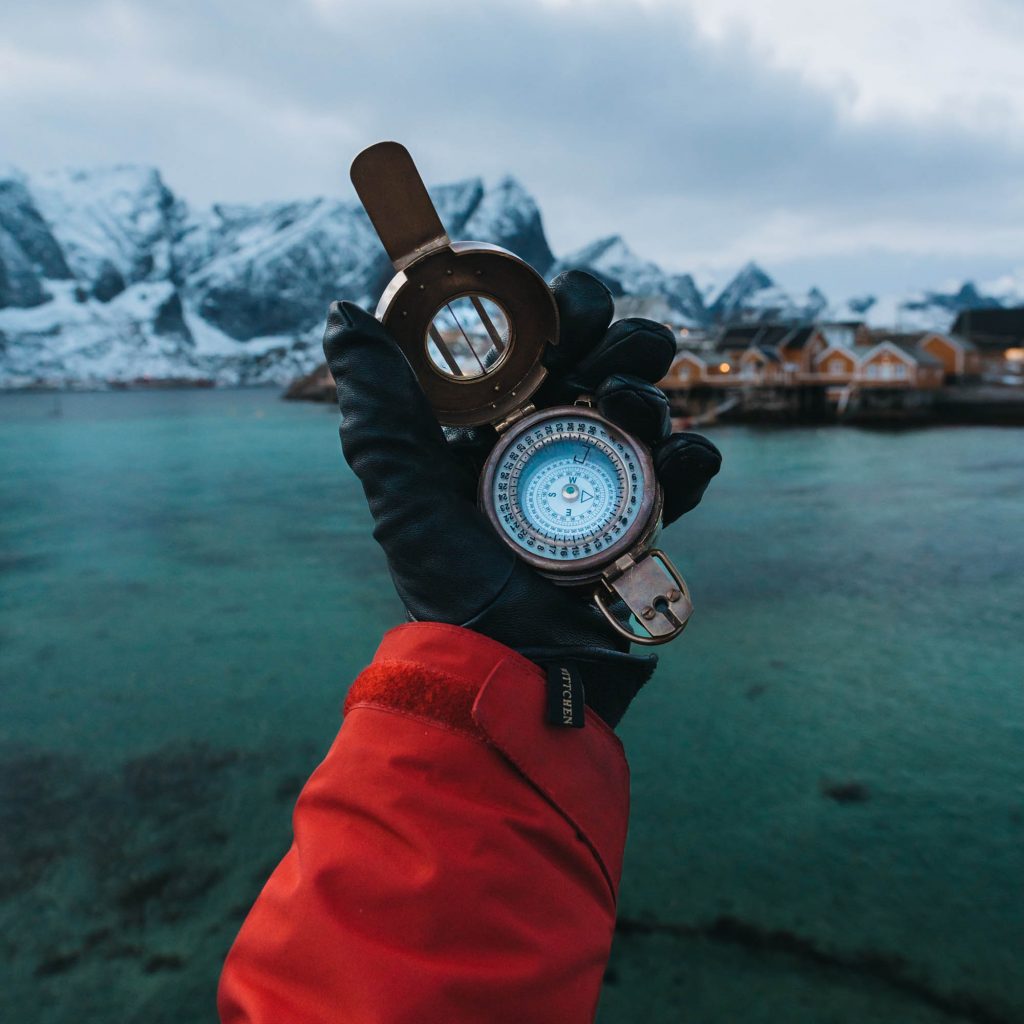Embarking on an outdoor adventure requires careful planning and preparation. Whether you're scaling rugged peaks or driving through scenic landscapes, knowing the essentials can transform your journey from ordinary to extraordinary. Smart preparation ensures not just enjoyment but also safety during your wilderness explorations and road trips.
Preparing for a Successful Hiking Journey
Setting out on a hiking expedition demands thorough planning. From selecting appropriate trails based on your experience level to understanding weather patterns at your destination, every detail matters. Proper preparation allows you to fully immerse yourself in the natural beauty while staying safe throughout your adventure.
Choosing the Right Gear and Equipment
Your gear selection can make or break a hiking experience. Start with proper footwear – sturdy hiking boots with ankle support for challenging terrain or trail runners for easier paths. Layer your clothing with breathable, moisture-wicking fabrics that adapt to changing weather conditions. Pack essentials like a waterproof backpack, sufficient water supplies, nutrition bars, and a comprehensive first aid kit. Many experienced hikers recommend investing in quality gear rather than budget options for durability and reliability during wilderness exploration. You can get comprehensive equipment guides and recommendations from various brands on https://www.elrinconcunqueiru.com/ which provides updated information about the latest hiking gear trends and must-haves.
Navigation tools and safety precautions
Even seasoned hikers can face unexpected challenges on trails. Always carry reliable navigation tools such as physical maps, a compass, and GPS devices with backup batteries. The geoPDF app proves invaluable for offline navigation in remote areas. Inform someone about your planned route and expected return time before departing. Pack emergency essentials: whistle, headlamp, firestarter, and reflective blanket. Check weather forecasts and trail conditions right before your hike. Maintain awareness of wildlife activity in the area and carry appropriate deterrents if needed. Practice Leave No Trace principles to preserve natural environments. You'll find expert advice about trail safety and navigation techniques at https://www.elrinconcunqueiru.com/ where experienced hikers share their knowledge about staying safe in various terrains.
Mastering car rentals for your outdoor expedition
Embarking on an outdoor expedition requires meticulous planning, especially when it comes to transportation. The right vehicle can make or break your adventure, serving as both your transportation and potentially your base camp. When organizing your next hiking trip, selecting an appropriate rental car deserves careful consideration alongside your other travel preparations.
Selecting the Ideal Vehicle for Your Adventure
Your choice of vehicle should align with your destination's terrain and your expedition needs. For rugged destinations like Costa Rica or remote hiking trails, an SUV or 4×4 with higher clearance might be necessary. Many adventure travelers opt for vehicles with extra cargo space for hiking gear, camping equipment, and supplies. Consider whether your route includes gravel roads, mountain passes, or beach access that might require specific vehicle capabilities.
Vehicle features that enhance your adventure experience include roof racks for equipment transport, GPS navigation systems for remote areas, and fuel efficiency for long-distance journeys. Some rental companies offer specialized adventure vehicles with built-in sleeping platforms or camping equipment. Based on the experiences of seasoned adventurers, having a reliable vehicle adapted to your destination's conditions provides peace of mind during wilderness exploration.
Cost-saving strategies and booking considerations
Budget-conscious adventure travelers can employ several strategies to reduce rental costs. Booking well in advance typically secures better rates, while comparison shopping across different platforms can reveal significant price variations. Many companies offer weekly rental discounts that substantially reduce the daily rate for longer adventures. When creating your travel budget, factor in additional costs like insurance, fuel, parking fees, and potential one-way drop-off charges.
Insurance decisions require careful evaluation based on your planned activities and destinations. Standard coverage might not include off-road driving or travel to certain remote areas. Check whether your existing auto or travel insurance policies provide rental coverage before purchasing duplicate protection. For international expeditions, verify that your chosen vehicle can cross borders if your itinerary includes multiple countries. Travel safety extends to understanding the rental agreement terms regarding emergency assistance, especially when venturing into remote hiking destinations with limited cell service or roadside support.






